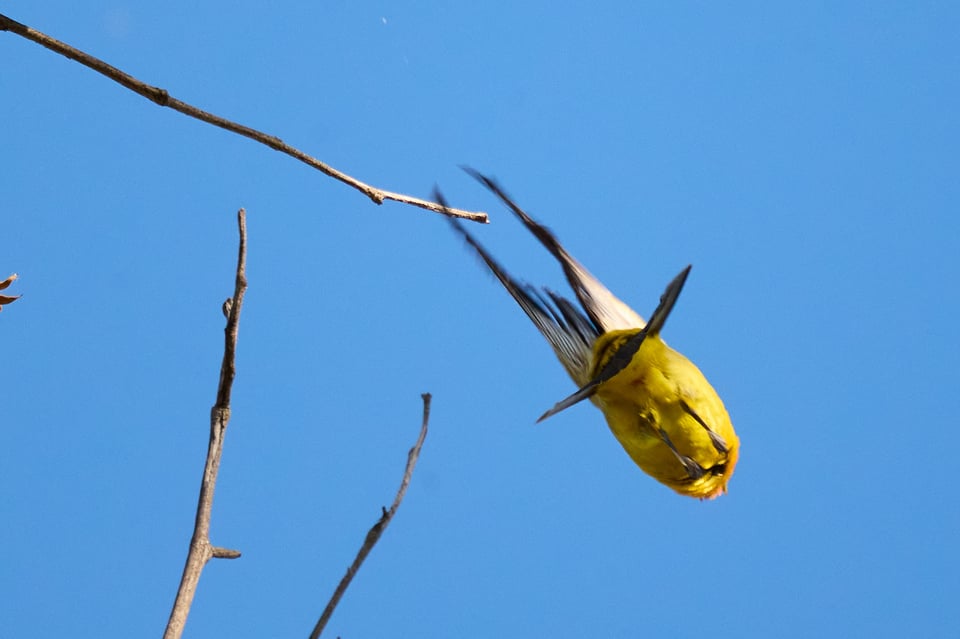May 28, 2024
Last summer, I agreed to serve on the jury for the Pulitzer Prize in General Nonfiction—a group of five writers tasked with selecting the best nonfiction books of 2023 (excluding biographies, histories, and memoirs, which have their own categories). Between August and December, the five of us considered more than 400 books. I still can’t look at my nonfiction shelf without flinching a little.
When you’re searching for excellence, even books you might have enjoyed under normal circumstances start looking mediocre, and the process quickly becomes a slog that drains the joy from reading. But the monthly discussions with my fellow jurors—always lively, thoughtful, and respectful—were restorative. They made me realize how rarely we get together with our peers to deeply consider what actually makes a great book, and how joyful it is to do so.
Assessments of quality are inherently subjective, as the judging process made plain. One of us might exalt the quality of a book’s writing only for another to find its prose purple. One of us might find a book fresh and revelatory only for another with more expertise in the topic to deem it derivative and facile. These differences in taste and perspective were fascinating, and I think they ultimately made it more satisfying when we found titles that we all agreed upon. We wanted books that contained exceptional writing, deep reporting, originality, and something important to say about our world. There were several. We chose three.
The jury’s job is to present three finalists, in no particular order, to the 18-person Pulitzer Board, which then chooses the winner. The Board has the power to swap a finalist for an alternate (which we also put forward), to move books between categories, or even to completely ignore our picks; such events are very rare, but they do happen. So, to be a Pulitzer juror is to wield something between incredible power and a total lack of it. You have a chance to influence one of the literary world’s most important honors… or not. And you won’t know until announcement day.
On May 6, along with the rest of the world, I learned that the Board did indeed award the Pulitzer to one of our three picks—A Day in the Life of Abed Salama, by Nathan Thrall. I read the book somewhere towards the end of the judging process and despite my flagging stamina, I devoured it in less than 48 hours. I cried after finishing it. And I cried again when I learned that Thrall had won.
In his book, the eponymous protagonist Abed Salama learns that the school bus carrying his five-year-old son, Milad, has crashed in the outskirts of Jerusalem. As Salama tries to find his son, he is stymied at every turn because he is Palestinian. In recounting this desperate quest, Thrall, who is a Jewish American journalist based in Jerusalem, offers an incredibly intimate portrait of life under occupation, and the challenges that Palestinians face during both the mundanities of daily life and the heightened moments of tragedy. Palestinians are often pinioned between two opposing but equally harmful tendencies: to turn them into abstractions on a political stage, or to turn away from them because what they’re enduring is too horrendous to truly grapple with. ADITLOAS felt to me like an antidote to both poisons. (A pity then that several of Thrall’s book events were canceled.)
While considering the book, I asked myself if I was rating it highly only because it was clearly relevant to the ongoing genocide in Gaza. To an extent, no: Even if the topic wasn’t extremely topical, ADITLOAS would still be one of the most finely reported and invaluably humane books of the year. But in a way, yes: Our task was to find the greatest books, and one that deeply illuminates a generation-defining moral catastrophe surely counts. If ADITLOAS had it come out a year earlier, it would still have been a masterpiece. That it came out now makes it an indispensable one. I’m glad that the Pulitzer Board agreed. They made a bold choice and, I think, the correct one.
After the announcement, as reported by Judi Rudoren in Forward, Salama texted Thrall. “You made me cry again,” he wrote. “Thank you very much because you made many people around the world utter the name of Milad and know it. You write with your feelings and not with ink, and this is what made your book win.”
I urge you to buy a copy of A Day in the Life of Abed Salama (and perhaps these other 40 titles to help you better understand Palestine.)
Bird photos
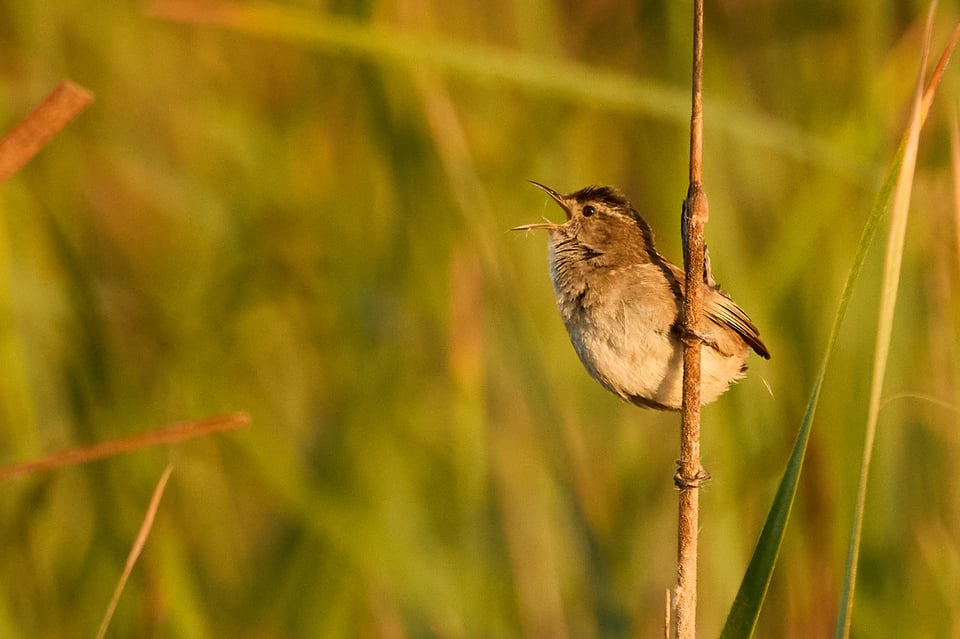
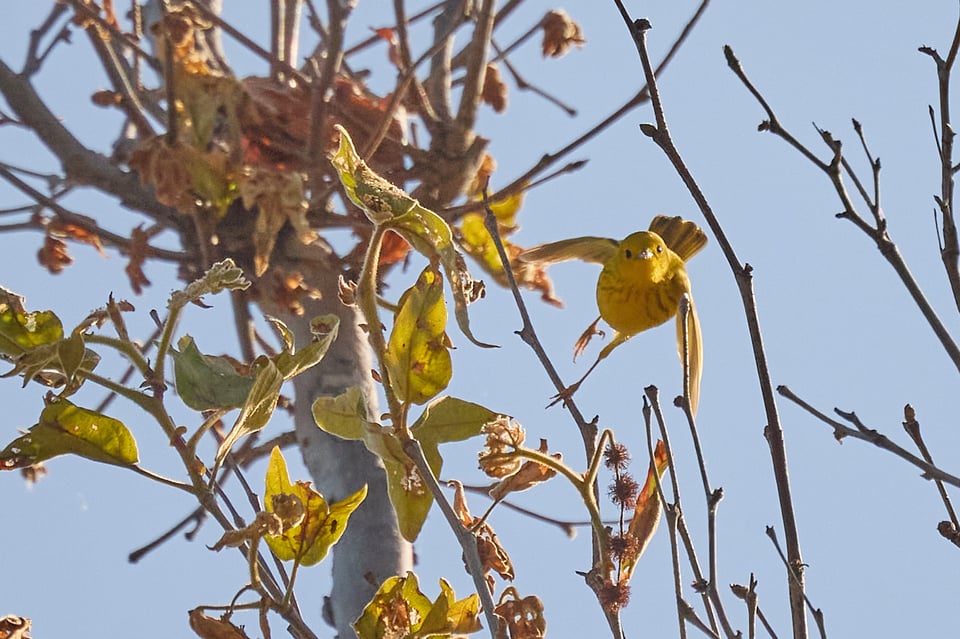
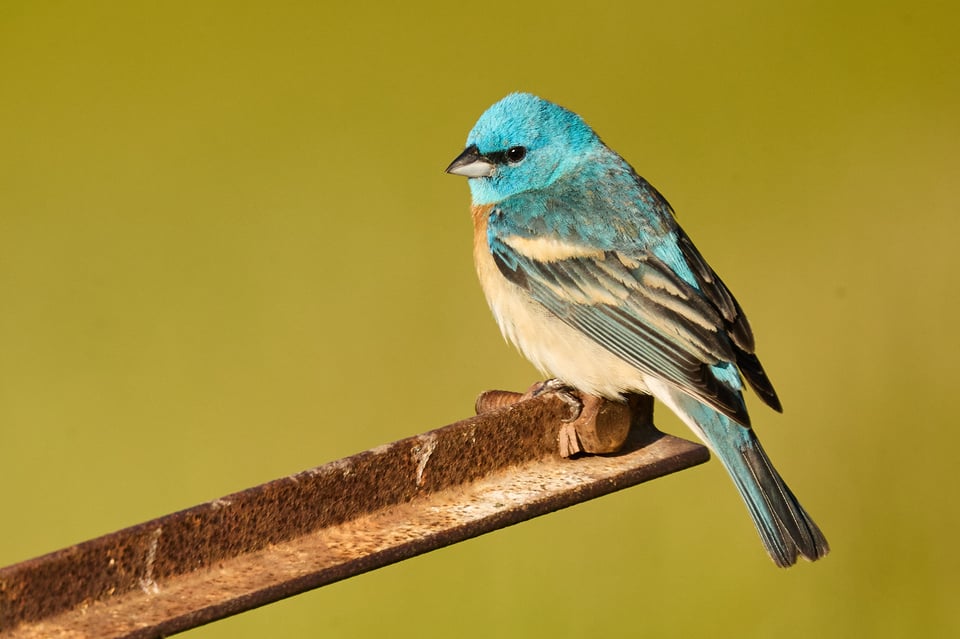
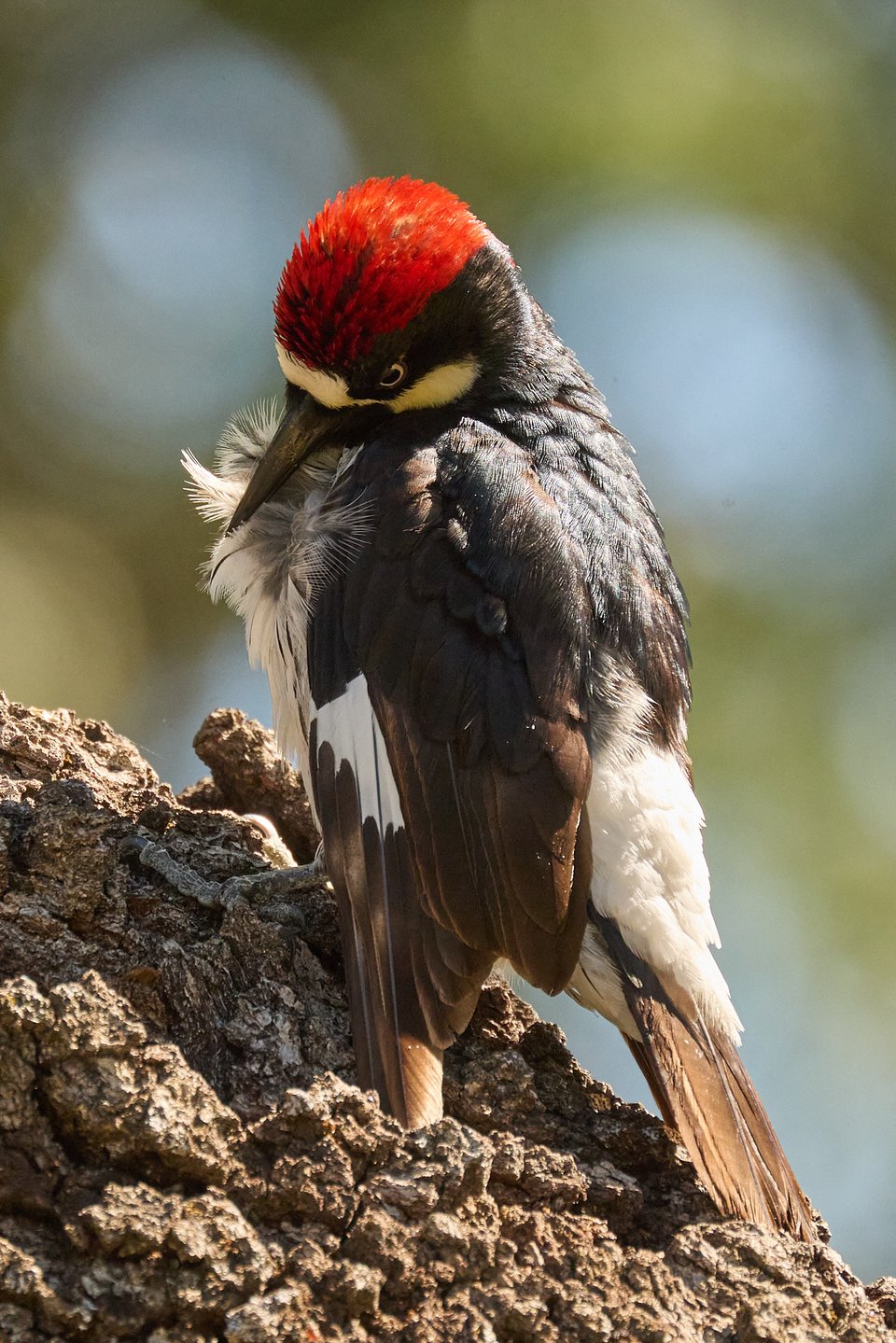
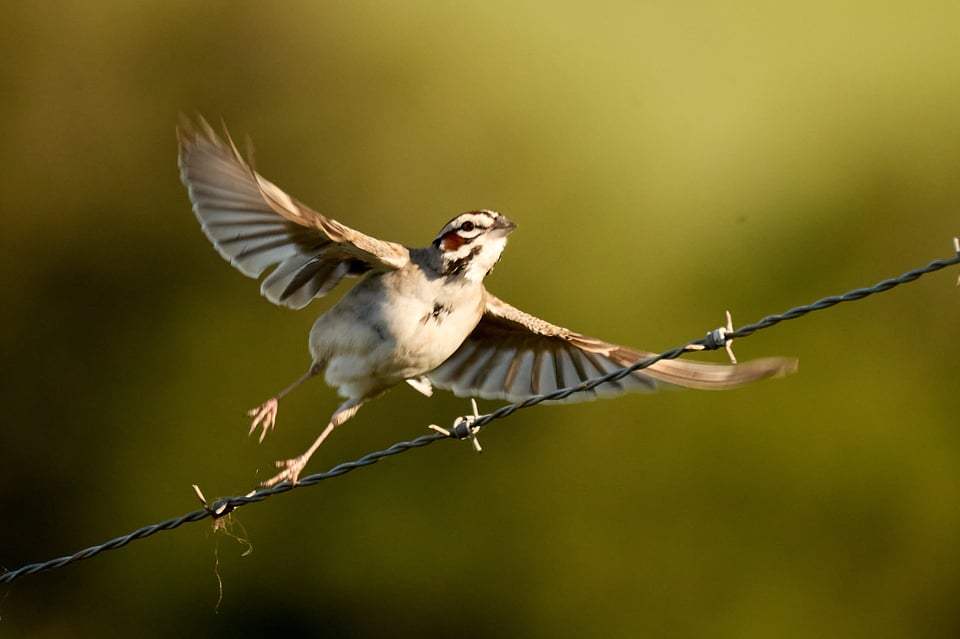
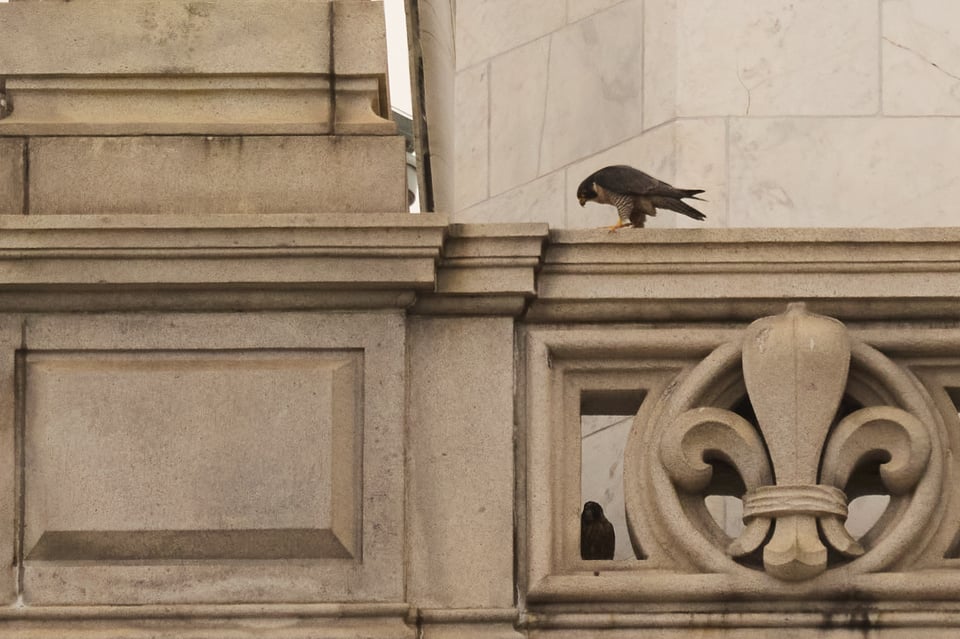

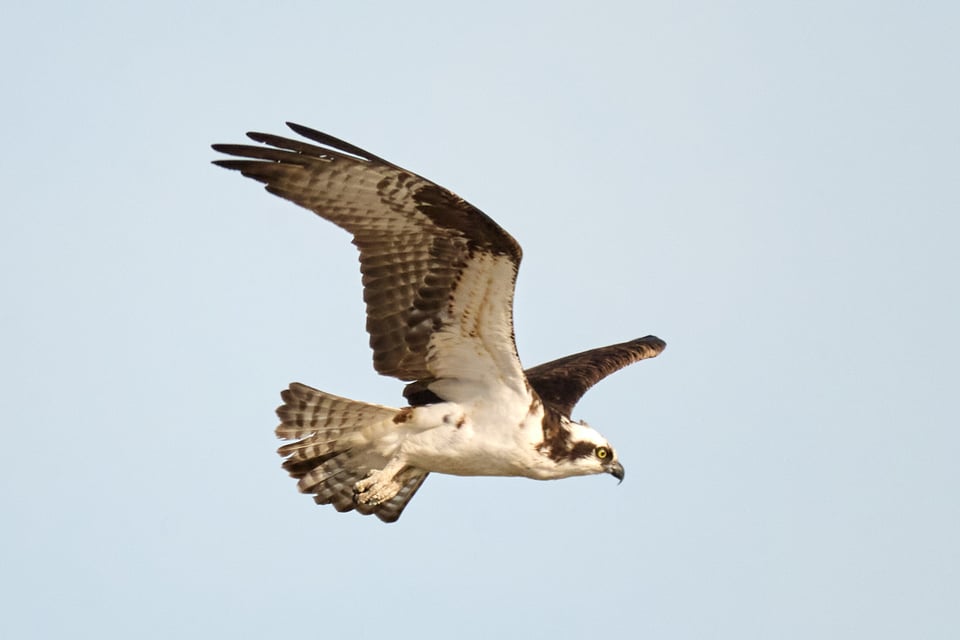
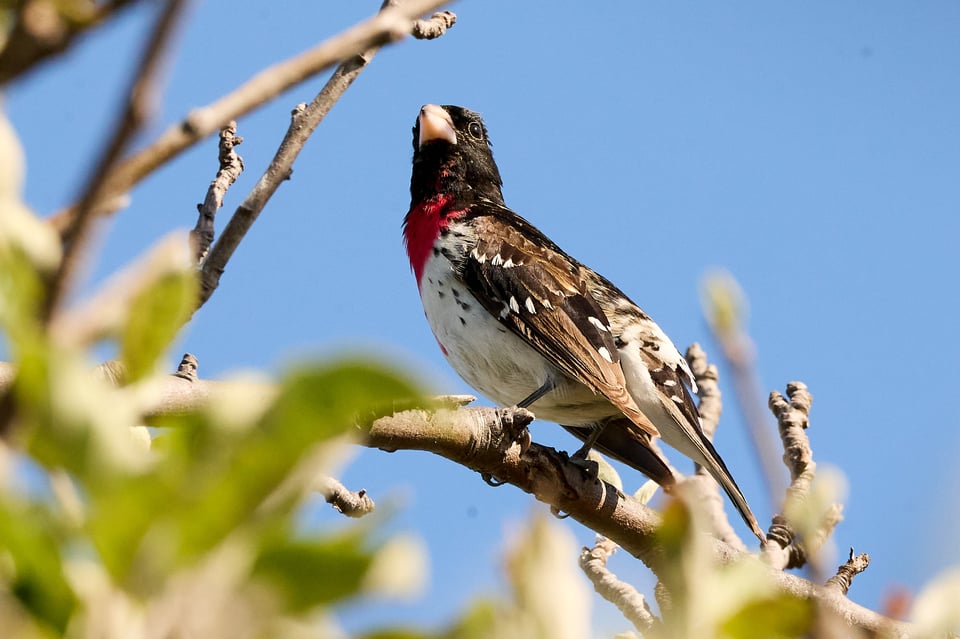
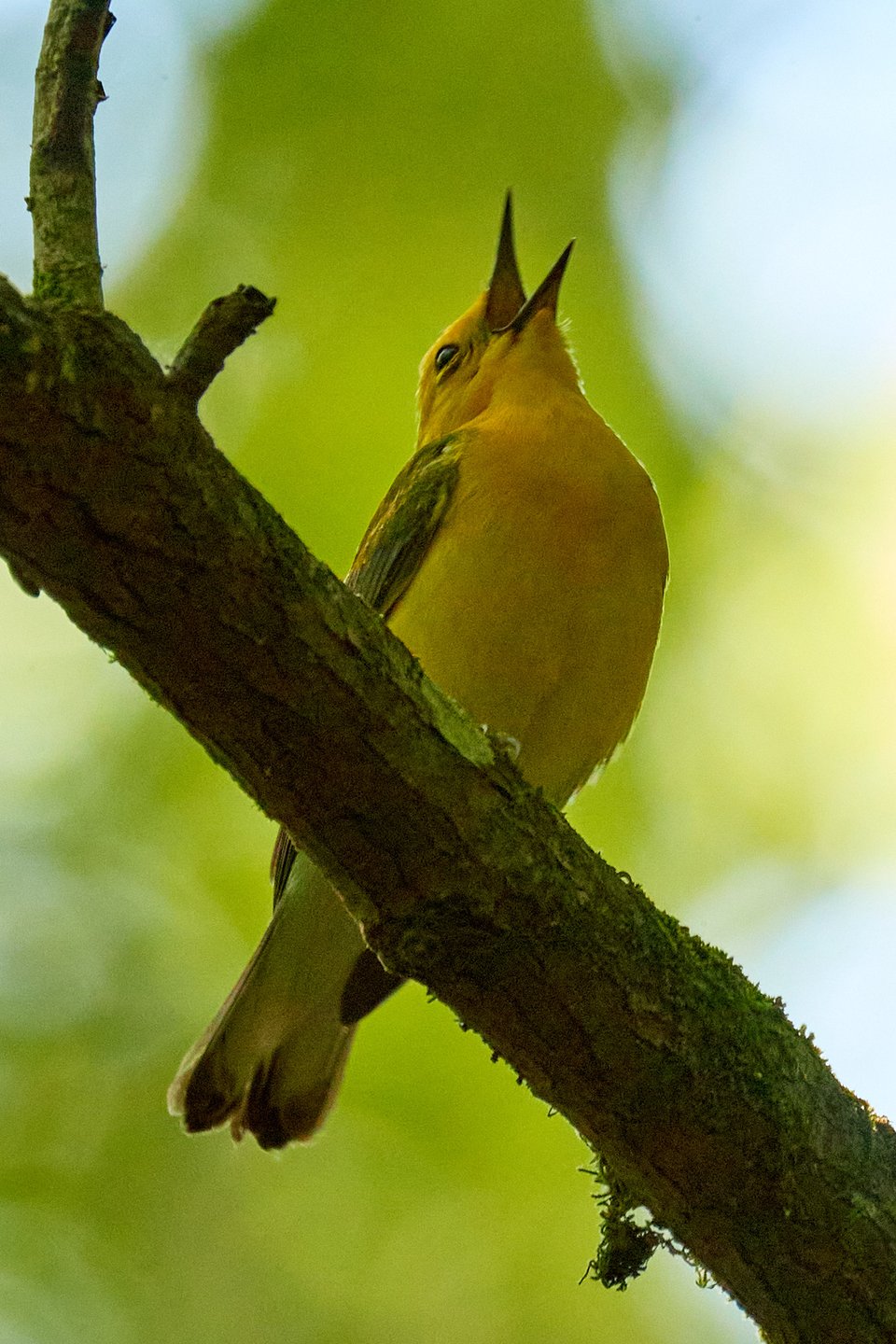
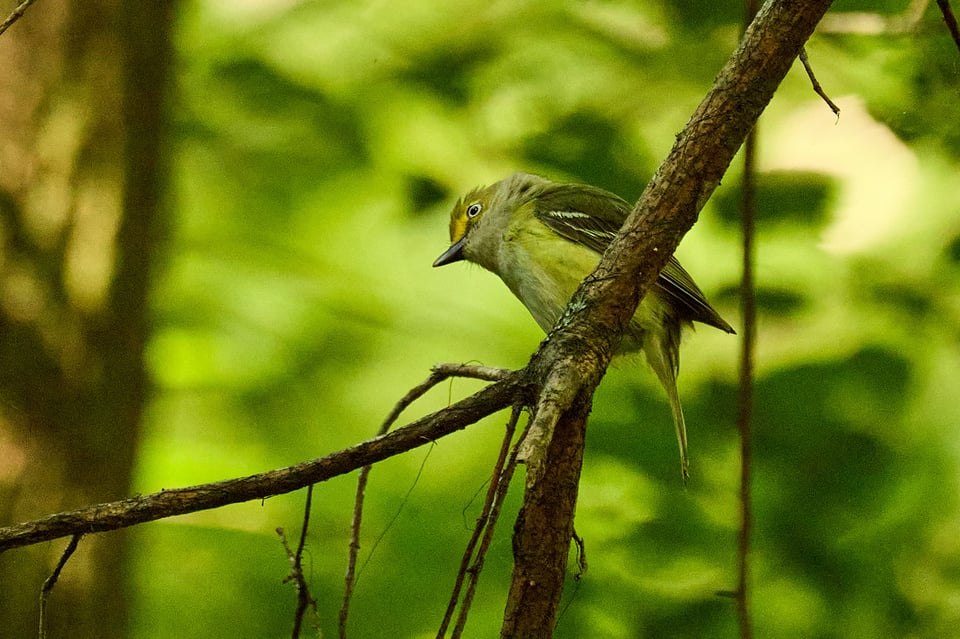
More Gaza reading
I’ve been heavily focused on book reporting this past month and have read less than I’d like, so this list is short.
The entire spring issue of Hammer & Hope is worth reading, but start with this clear and piercing piece by Arundhati Roy.
“What explains this growing student movement? Sometimes the correct answer is the one right in front of you. The students want an end to a war that has been executed with breathtaking violence and killed more than thirty-four thousand Palestinians, most of them women and children.” Keeanga-Yamahtta Taylor with the best piece I’ve read on the student protests.
“At that moment, amid the exodus of countless others heading southward in search of refuge, and overcome with uncertainty, we decided to remain in our homes. In the end, it came down to this: My husband and I had a primal belief that it was better to die in our home than somewhere else in Gaza.” Noor Alyacoubi on the decision to stay.
Upcoming speaking events
The summer tends to bring a lull in talks. But I’m excited to say that I’ll be speaking at the final XOXO Fest, which runs from August 22 to 24 in Portland, Oregon. Registration is by lottery and closes at 12pm PT on May 29, which might be right now by the time you read this email. I’ll probably be talking about my experience of reporting on the pandemic, how it changed my relationship to my professional and online spaces, and birding.
That’s it for this week
As always, this newsletter is free, but you can choose to pay a monthly subscription (at whatever level you set) if you’d like to support my work.
Stay safe.
And one more thing…
Here’s a western tanager taking off. You’re looking at its butt, and its wings are folded up above its body.
